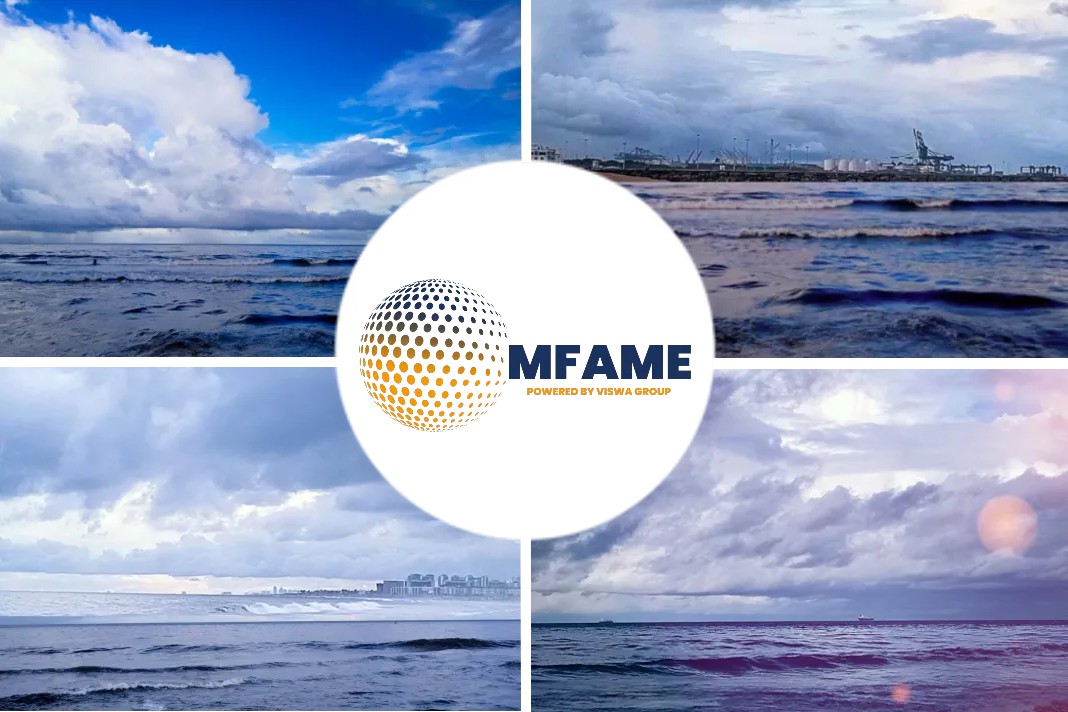
The Federal Maritime Commission is reporting that it has received a strong response to the proposed rulemaking for key parts of the Ocean Shipping Reform Act of 2022 focusing on fees and the business practices of the leading carriers, says an article published on maritime-executive.
Complaints received
The FMC is extending its process to solicit additional input while it also reported a strong increase in the complaints received in the second half of 2022.
Threshold requirements
In less than seven months since the act became law, the FMC staff estimates that more than $700,000 in charges have been refunded by carriers due to complaints filed over Demurrage and Detention billings. Fees were one of the issues driving the reform act.
During the January meeting of the FMC conducted , the staff reported it has received more than 200 filings since the law’s enactment in June 2022. More than 70 charge complaints met the threshold requirements for being referred to investigators.
Strong response
The FMC reports that the act is already having a positive impact on the market while the commission is continuing two of the key rulemaking elements called for under the act.
The FMC staff reports a strong response with a large number of comments received both on its draft rules on D&D billing and defining the “Unreasonable Refusal to Deal or Negotiate” for vessel space and more specifically exports. Both of the issues were central to the reform act.
Billing requirements
Commission staff is reviewing the more than 180 public comments received in response to the proposed rulemaking on Demurrage and Detention billing requirements.
Further opportunity
At the same time, the comment period for the proposal addressing the Unreasonable Refusal to Deal or Negotiate was recently completed with the FMC reporting that it received almost 30 comments.
First phase
“The comments (on refusal to deal) raised a multitude of substantive questions that demand appropriate time and further opportunity for comment to be given thorough consideration,” the FMC reported.
The commission voted to release a supplemental notice that will address the questions raised in the first phase and which will seek additional public comments on those issues.
Draft proposed rule
The staff is also turning its attention to the sections of the act regarding what was called Unfair or Unjustly Discriminatory Methods by the carriers again arising out of the concerns over exports.
The staff is working on a draft proposed rule which will then also be released for public comment.
Containerized imports
During the briefing, the staff highlighted that both container volumes and freight rates on inbound trades have returned to essentially pre-pandemic levels while calling out specific changes in the markets.
They noted that significant amounts of containerized imports have shifted to East and Gulf Coast ports while saying that exports from the Gulf Coast are not growing at the same pace creating an imbalance at the ports. They also reported overall that the cost to ship exports remains slightly elevated compared to pre-pandemic.
Non-alliance carrier market
They also identified a shift in the capacity on key routes, especially noting that new entrants and smaller, niche providers that had moved onto the transpacific trade lane when cargo was abundant and rates were historically high are abandoning those routes as freight rates and volumes declined. Despite the growth of alliance carriers, they however said that the non-alliance carrier market share has been consistent on the U.S.-Europe trade and trending upward somewhat on the U.S.-Asia trade.
They also highlighted that while MSC has increased its share over the past two years and has a substantive market share along with Maersk, that both carriers have been offering additional services outside their alliance. This might be especially telling in light of today’s announcement from the two carriers that they plan to phase out and end their alliance over the next two years.
Chain participants
Based on current conditions, the FMC determined that the market does not warrant invoking Temporary Emergency Authority established under OSRA to require information sharing among supply chain participants. The FMC concluded in its market review that sufficient capacity exists to serve U.S. shippers.
Did you subscribe to our Newsletter?
It’s Free! Click here to Subscribe!
Source: Maritime-executive
















